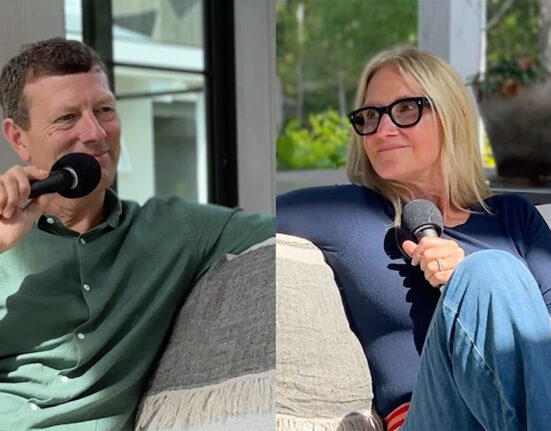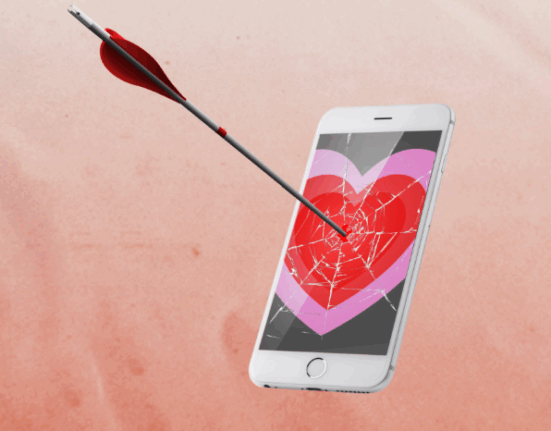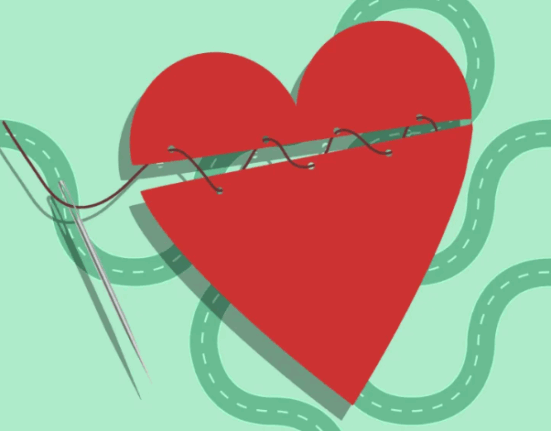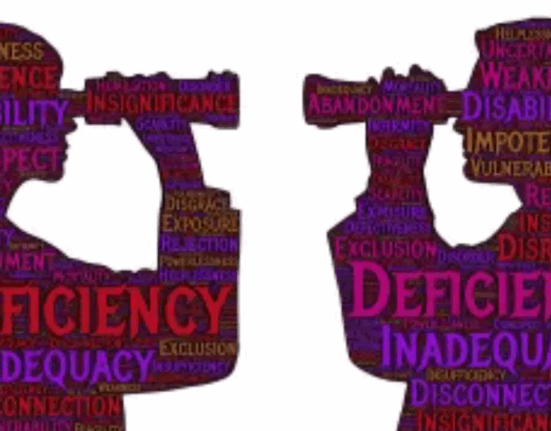Last Updated on May 9, 2024 by Rachel Hall
What’s a Pink Flag? Do I wave it at pride? Does my partner show them?
Is anyone else absolutely sick of red flags? Relationships are not supposed to be like swimming with sharks. From now on, I’ll be showing a flag with a skull and crossbones. You can work out what this signifies. Me and my parrot are DONE. Unfortunately, people continue to show warning signs, and the “flag” system is a useful shorthand… even if I think it’s been massively overdone. I guess me and my parrot are coming out of retirement to have a look at some common pink flags you should look out for in your significant others. Then I shall return to rum smuggling. Yarrrr.
What is a pink flag and what is a red flag?
As you could probably work out, a pink flag is a warning sign which indicates potential problems, but it’s not as severe as a red flag. It’s the sort of thing which might linger and make you worry. I suppose a red flag would be your partner cheating on you when you’re married with two kids; a pink flag would be your partner kissing someone else when they were with their ex, 15 years ago. It’s the kind of thing which could be solved with a not-very-fun conversation, rather than a sign that you need to get away from this person immediately. With that in mind, let’s take a look at some pink flags.
You’ve never had an argument
Things fester under the surface, resentments grow, and there are sure to be some passive-aggressive comments instead of a straightforward conflict. I like to create two separate categories: fights and disagreements. Fights are bad — they’re screaming matches where you might say hurtful things and upset the other person, and nothing is resolved. Disagreements are much calmer and more productive. You’re going to have different ideas and opinions in relationships. That’s fine. You need to be able to address these problems, and not ignore them.
Using different love languages
Ugh. Ok, so there are five main love languages: physical touch, words of affirmation, acts of service, receiving gifts and quality time. Most people appreciate all of these to different degrees. For example, my primary love language is physical touch, but I still want quality time from my partner and appreciate a compliment or a gift. To be honest, I don’t think it’s a pink flag for your partner to use a different love language — what’s important is that they show affection and you understand each other. My partner and I sat down during one of the lockdowns and did an online love language quiz, and it was an amusing way to spend an afternoon which ultimately brought us closer together. We have different love languages but can still meet each other’s emotional needs.
You think they’re hiding something
This is a really tricky problem. Perhaps you think your partner is cheating on you. They keep their phone with them at all times, one of their friends makes a strange comment, and they’re acting out of character. It’s stressful! Pause and take a moment. If you attempt to confront them about it, they might come clean, or they might tell you that nothing is going on. I would suggest starting by talking to your significant other and using open questions. Share your concerns. Don’t get accusatory, and allow them to talk. If things don’t get better, maybe talk to your friends and see if they’ve noticed anything. An outside view is often helpful. If you’re still anxious and unhappy, consider speaking to a relational therapist or leaving the relationship. Clearly, you’re not doing well in this situation, so it’s time to make a change and notice your clear incompatibility.
Sex isn’t great
Ideally, we’ll all have amazing love lives with orgasms galore and just the right amount of cuddling. In reality, things are more complicated, and sexual preferences can be complicated. Some people experience erectile dysfunction, others have to deal with vaginismus. There are plenty of problems, and they can be incredibly frustrating. Here’s what I recommend: 1) explain to your partner what is going on. Ignoring the issue won’t solve anything — see above. 2) speak to a doctor or a sex therapist. Perhaps you need a little blue pill or to do some stretches. Try some things to see what makes a difference. Find someone you trust and remember that they’re there to help. 3) remember that sex isn’t all about orgasms. If your genitals are having an “off” day, give your partner some head! Kiss them and hold them! Try some non-sexual intimacy! Having issues with sex is fine; ignoring issues with sex is a red flag.
They get distracted by technology
Look, as I type this I’m trying hard not to look at my phone, and even the computer can get distracting. It’s so fun and colourful and interactive! Time to use social media! What’s more, every app I have is designed to hold my attention and keep me interested. However, it can cause problems. Think about the things you cherish, and remember to interact with the people you love as well. Spend time with friends where your phone stays in your bag, and look at your partner when they’re talking to you. Some couples will have tech-free evenings where the television and games console stay off, and phones are put to the side. You can focus on each other and notice what is really going on, instead of becoming absorbed by a funny little screen. Spending time together is so important. Don’t let technology ruin it.
Conclusion
I think my problem with the red flag/pink flag/beige flag/green flags system is it feels very binary. Human interactions are much more complex! There are some warning signs to look out for, and times to trust your intuition. Take some time to consider your partner’s actions and, if there are issues, see this as an opportunity to make changes. Hopefully, things will improve by the second time. Over the months you’ll start to see a difference and toxic behaviours will reduce. As for me, I’ll limit my flags to the jolly roger and cause minor problems at sea.

Rachel Hall, M.A., completed her education in English at the University of Pennsylvania and received her master’s degree in family therapy from Northern Washington University. She has been actively involved in the treatment of anxiety disorders, depression, OCD, and coping with life changes and traumatic events for both families and individual clients for over a decade. Her areas of expertise include narrative therapy, cognitive behavioral therapy, and therapy for traumatic cases. In addition, Rachel conducts workshops focusing on the psychology of positive thinking and coping skills for both parents and teens. She has also authored numerous articles on the topics of mental health, stress, family dynamics and parenting.








Leave feedback about this